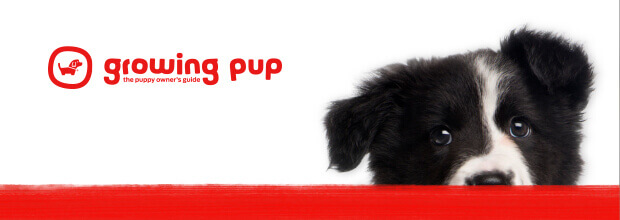Personality
Like most crossbreeds, the personality of a Goldendoodle depends on the parents and how they have been bred and reared.
It’s clear from looking at the two breeds that make up the Goldendoodle that this is an extremely active dog who needs a lot of exercise and input (often more than many new owners expect) and being highly social, needs to be a part of the family.
The personality of a Goldendoodle seems to be more consistent when they are first crosses (F1). As a line is successively bred, they can be either bred back to one of the original breeds (and so strengthen either the Retriever or the Poodle personalities) or else be bred to another Goldendoodle, in which case there is less predictability in temperament (and in-breeding becomes more of a potential issue). Some breeders will cross Goldendoodles and Labradoodles which adds to the unpredictability of the offspring.














